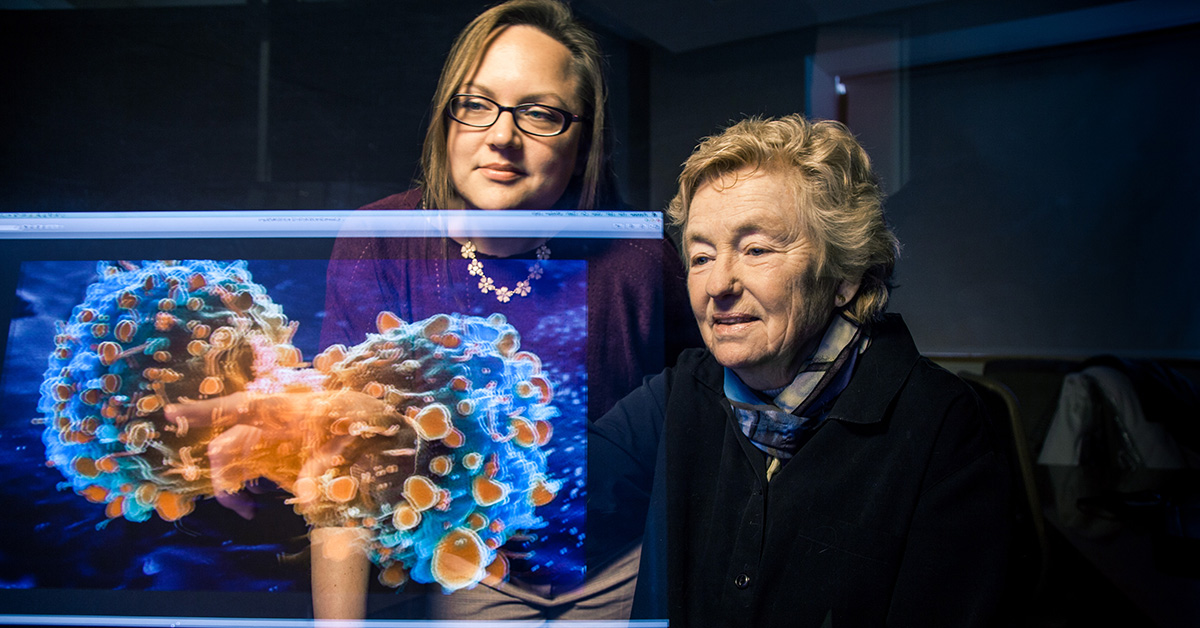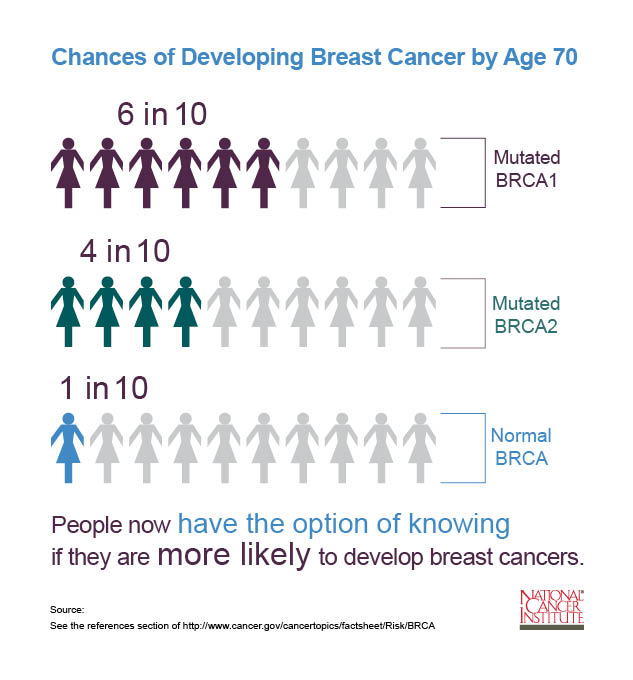
Genetic Testing May Give Answers, but May Also Leave Questions
-
Genetic testing and cancer care have a complicated relationship, as recently discussed in Gina Kolata's New York Times piece, "When Gene Tests for Breast Cancer Reveal Grim Data but No Guidance." Kolata discusses the potential for unclear results with genetic testing and the challenges that accompany trying to make treatment decisions when results are not fully informative. There are a few key points that a patient should know prior to undergoing genetic testing of any kind. It is important to understand that there are different types of genetic testing that might be offered, multiple results may arise, and sometimes limited action is available.
Tumor genetic testing looks for genetic changes in a person’s cancer or tumor which can help a doctor decide if one treatment might work better than another. These genetic changes are usually present only in the tumor and do not affect future cancer risk or cancer risks of family members. Hereditary, or germline, genetic testing looks for DNA changes in a blood sample to tell the patient if they were born with, or inherited, a genetic change that increases their chances of developing cancer at some point in their life. Sometimes there is an increased risk for more than one type of cancer, and these types of genetic changes can be passed from generation to generation.
Once you know what type of test you are being offered, ask your doctor about the possible results and what you would do with that information. If a person tests positive for a hereditary genetic risk, it might change their recommendations for surgery in order to reduce the risk of developing a new cancer in the future or they may now be a candidate for a specific type of chemotherapy. Knowing that a person has an increased risk to develop cancer can help a patient pursue more conservative cancer screening or risk reducing options. Sometimes, however, a positive result will not change anything that is already planned for treatment and follow up. A positive hereditary result can also cause worry and anxiety, which may lead someone to question why they did the test in the first place.
A negative genetic result can be very reassuring in some ways, but it does not guarantee that a new cancer will never happen. Personal and family history may still support careful screening and follow up care. Make sure a careful family history is reviewed when looking for inherited cancer risk.
The most frustrating result of all may be the “variant of uncertain significance” (VUS) that is discussed in the article. Human DNA is full of genetic variations that do not cause disease. Sometimes a test finds a genetic change and we do not yet know if this is a normal human variant, or a change that increases cancer risk. These results are, indeed, "uncertain." However, uncertain results should not affect medical care. With time and research, uncertain results will be reclassified as either benign, it does not affect disease risk, or pathogenic, disease risk is increased. However, when we look at VUS results that have been reclassified in the past, we find out that the majority do not increase cancer risk and are benign.

Likewise, testing a tumor for acquired mutations to help choose the best treatment can also result in uncertain results. Often, there is no drug that is known to match the mutation found, or there may be a drug but it is not available for a particular patient. These uncertainties reflect the fact that genetic testing of both blood and tumor tissue is a very new and promising development in medicine, and it will take time to clarify all of these issues.
If all of this seems a bit confusing, you are not alone. We strongly encourage anyone who is thinking about genetic testing to meet with a certified genetic counselor and healthcare team that is familiar with this type of testing. These specially trained healthcare providers can help you understand all of your options along with the pros and cons linked with any genetic test. You can find a genetic counselor near you by visiting www.nsgc.org. The Fox Chase Cancer Center Risk Assessment Program has an experienced team of genetic counselors, nurses and physicians who manage genetic testing and follow up care for patients. Call 877-627-9684 to make at an appointment or learn more.
